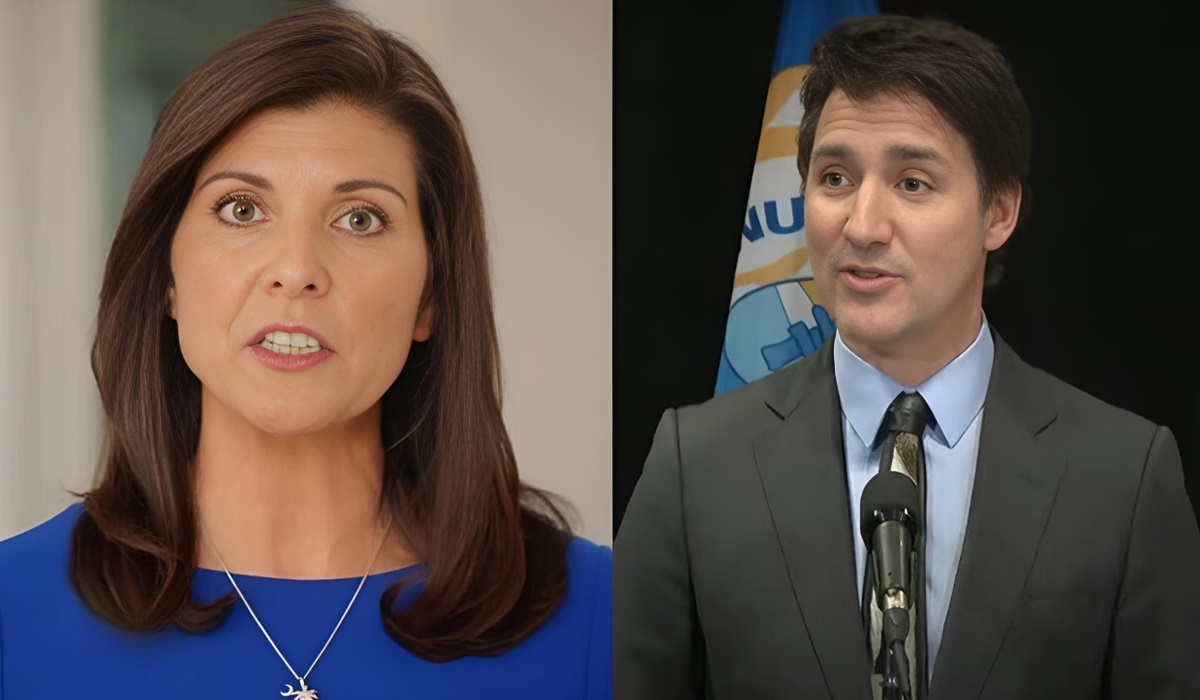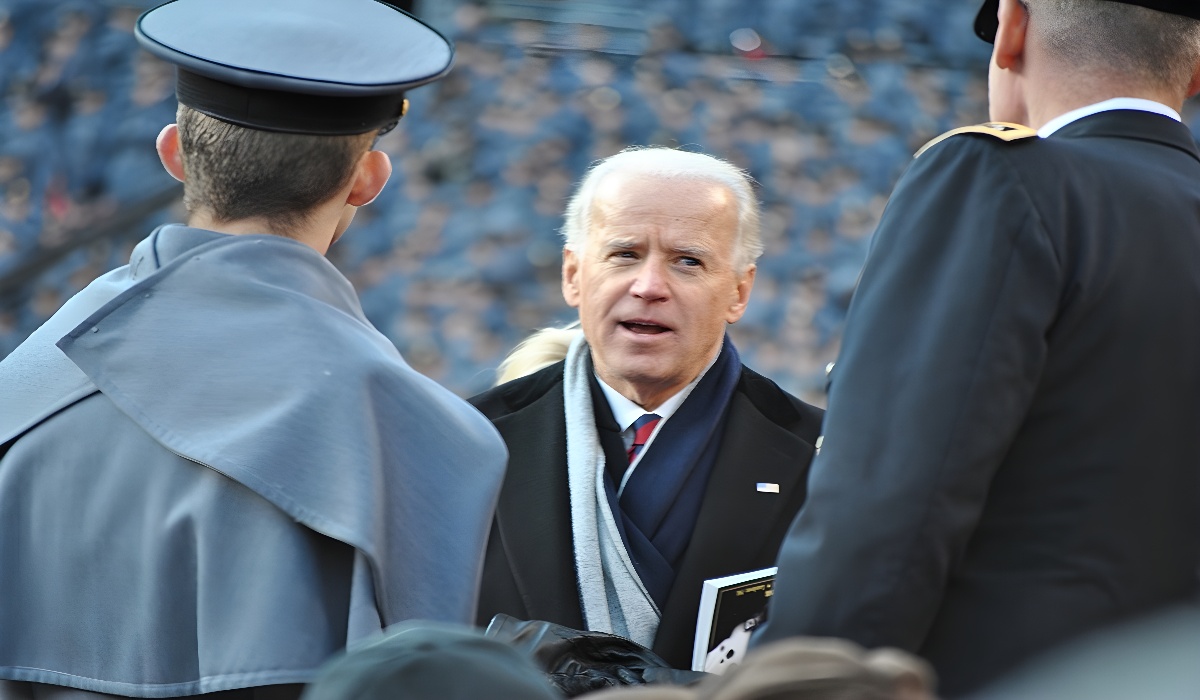In the high-stakes world of contemporary politics, juxtaposing political positions against the imperative of conveying the right message often leads to profound sadness and disappointment among the electorate. Elected officials, driven by the insatiable desire to remain in power, frequently employ high-paid speechwriters and communications teams to craft unclear, convoluted messages that fail to address direct and simple questions. This trend is frustrating for the public and indicative of a political landscape where maintaining power takes precedence over genuine and transparent communication.
A glaring example of this phenomenon unfolded during a recent interview on CNN with former ambassador Nikki Haley, a GOP candidate running for the Republican nomination for President of the United States. The simplicity of the question posed—Haley being the only woman in the race and her feelings about party front-runner Trump being liable for sexual abuse—was met with an appalling response. Haley’s reluctance to acknowledge the allegations and her insistence on Trump’s innocence until proven guilty showcased a blatant attempt to pander to the MAGA base.
This type of response raises concerns about the sincerity of political figures who seem willing to say anything to appease their support base, even if it means sidestepping the truth. Despite Trump having been found guilty of multiple instances of sexual misconduct and facing ongoing trials on similar matters, Haley’s refusal to acknowledge these facts exposes a disconnect between political positioning and ethical accountability.
Similarly, the disappointment extends beyond national borders to Canada, where Prime Minister Justin Trudeau’s response to a straightforward question regarding the Canadian government’s adherence to ICC rulings on Israel’s potential genocide charge was convoluted and evasive. Rather than providing a simple answer, Trudeau and his foreign affairs team delivered a perplexing response, seemingly tailored to avoid offending powerful figures like Benjamin Netanyahu.
The fear of upsetting Netanyahu, who publicly insulted the Canadian Prime Minister and the U.S. President for advocating a two-state solution, underscores the extent to which political leaders prioritize maintaining an image of strength over acknowledging humanitarian crises. The reluctance to acknowledge the full scale of atrocities happening in Gaza and Canada’s role in supporting Netanyahu is a disheartening departure from the principles Trudeau once stood for—courage, facts, and a commitment to doing what is right in the face of adversity.
This alarming trend in political discourse underscores the need for leaders who can transcend mere posturing for power and instead prioritize genuine communication that reflects the values of humanity. The prevailing perception is that elected officials often lose their way, forsaking the noble reasons that propelled them into office. This necessitates the establishment of mechanisms to ensure accountability and a commitment to the greater good.
Leaders must embody the courage to speak truthfully, irrespective of the consequences. The disappointment in witnessing leaders cling to power at the expense of truth and accountability calls for reevaluating our political systems. The public deserves representatives who prioritize the well-being of the people and act by moral principles, even if it means stepping aside for the greater good.
As we navigate this complex political landscape, the imperative lies in fostering an environment where leaders are encouraged to adhere to the values that inspired them to enter public service. By instilling mechanisms for accountability and transparency, we can hope to witness a return to a political discourse that prioritizes righteousness over political expediency and places the welfare of the people above the desire for power.









